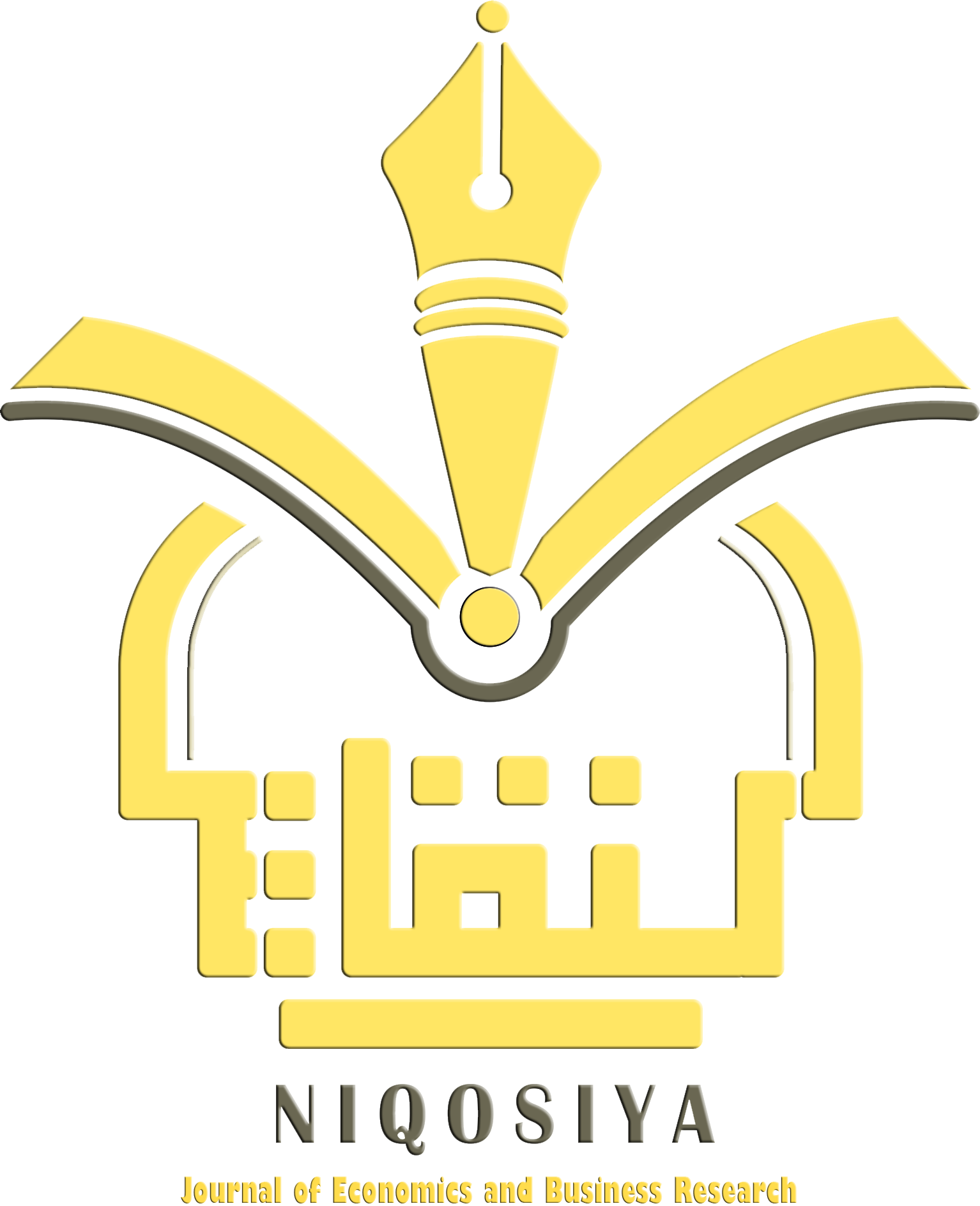Peran Motivasi Kerja dalam Meningkatkan Kinerja Karyawan di LKP Bahana Bina Prestasi Ponorogo
Abstract
Work motivation is a form of drive within an individual to complete a task. According to Herzberg's Two-Factor Theory, work motivation consists of two components: external factors and internal factors. In courses and training institutes Bahana Bina Prestasi, work motivation seems lacking, which contradicts the efforts made by the institution's leaders who provide regular work motivation in monthly briefings. This research aims to determine work motivation's role in improving employee performance at LKP Bahana Bina Prestasi in Ponorogo. This research utilizes a qualitative descriptive research method. Data sources include employees, business owners, or leaders at LKP Bahana Bina Prestasi in Ponorogo. Data collection techniques involve conducting interviews. This research indicates that the factors causing a decrease in work motivation lie in external factors, such as salary and quality of supervision. However, there are strengths in working conditions, interpersonal relationships, achievements, recognition, the job itself, and responsibility. Additionally, the implementation of work motivation in LKP Bahana Bina Prestasi is considered to be less than ideal because, despite being conducted regularly, it is not yet considered good and effective. Out of the five performance indicators, this institution has successfully implemented two indicators, namely Quality and Timeliness. However, three areas still need improvement: Quantity, Effectiveness, and Efficiency.
Downloads
References
Arquisola, M. J., & Ahlisa, S. U. W. (2019). Do learning and development interventions motivate employees at PT Danone Indonesia? Applying McClelland’s theory of motivation to FMCG industries. FIRM Journal of Management Studies, 4(2), 160–176.
Benny, B., Nugroho, N., Hutabarat, F. A. M., Supriyanto, S., & Arwin, A. (2021). Motivasi Kerja Karyawan PT Abdi Wibawa Press Medan. Seminar Nasional Sains dan Teknologi Informasi (SENSASI), 3(1), 251–254.
Hasibuan, M. SP. (2014). Organisasi dan Motivasi (8 ed.). PT Bumi Aksara. http://sastramangutama.badungkab.go.id/inlislite3/opac/detail-opac?id=20509
Kasmir. (2016). Manajemen Sumber Daya Manusia (Teori dan Praktik). Rajawali Pers.
Nurrohmah, K. (2015). Pengaruh Kondisi Kerja, Gaya Kepemimpinan Dan Stres Kerja Terhadap Kinerja Karyawan CV. Nova Furniture Di Boyolali [Skripsi]. Universitas Muhammadiyah Surakarta.
Sabana, S. S., Widiapratama, F. R., & Darwis, R. S. (2017). Dilema Supervisi Dalam Praktik Supervisi Pekerjaan Sosial. Prosiding Penelitian dan Pengabdian kepada Masyarakat, 4(2), 331–338. https://doi.org/10.24198/jppm.v4i2.14391
Stephanie, L. (2020). Pengaruh Motivasi Instrinsik dan Motivasi Ekstrinsik Terhadap Kinerja Pegawai Dinas Kesehatan Kabupaten Cilacap Propinsi Jawa Tengah [Skripsi]. UNIVERSITAS ATMA JAYA YOGYAKARTA.
Sugiono. (2017). Metode Penelitian Kuantitatif, Kualitatif, dan R&D. Alfa Beta.
Supu, I., Saleh, G. S., & Umuri, H. (2023). Motivasi Kerja Aparat Desa Moutong Timur Kecamatan Moutong Kabupaten Parigi-Moutong. Hulondalo Jurnal Ilmu Pemerintahan dan Ilmu Komunikasi, 2(1), 57–78.
Tawale, E. N., Budi, W., & Nurcholis, G. (2011). Hubungan antara motivasi kerja perawat dengan kecenderungan mengalami burnout pada perawat di RSUD Serui–Papua. Jurnal Insan, 13(2), 74–84.
Copyright (c) 2023 Kevin Isa Zahroni, Dwi Setya Nugrahini

This work is licensed under a Creative Commons Attribution-NonCommercial 4.0 International License.














